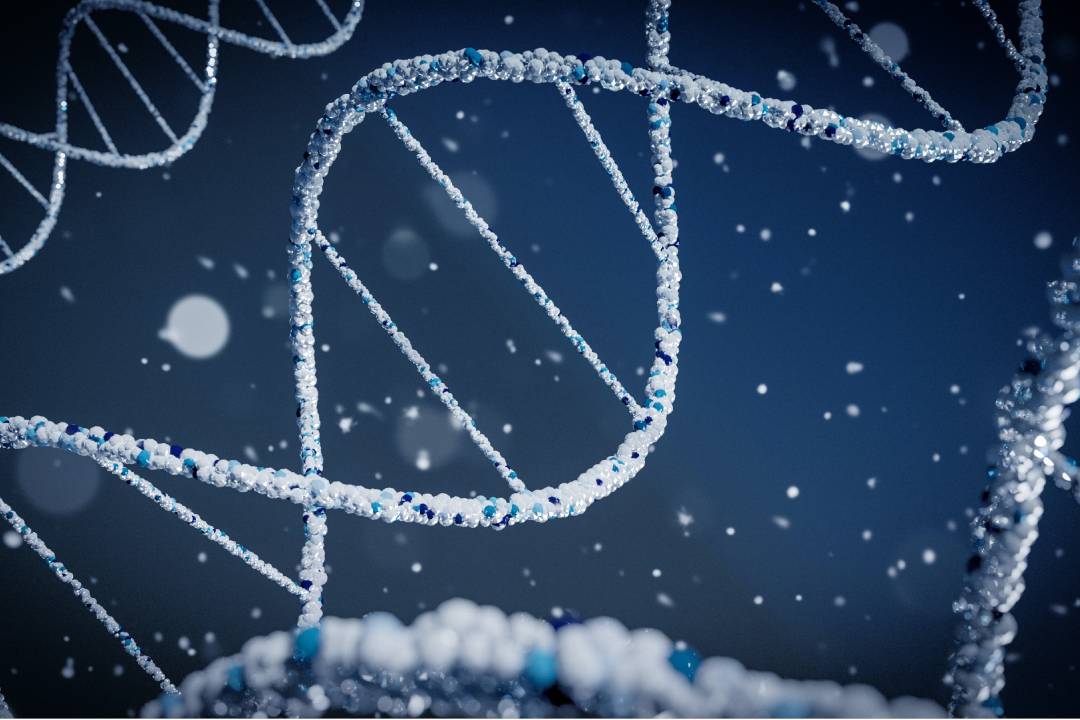
There is increasing evidence that all modern diseases have a strong genetic basis. As a cardiologist, I often have younger people affected by cardiovascular disease saying to me, “Doctor, I do all the right things. I don't smoke, I'm thin, regularly exercise and eat good food and I still needed a stent in my arteries in my 50s. How could this possibly happen?”
My reply is always the same and that is that the person has foolishly picked the wrong relatives. They must've been in a hurry at the time!
Whether we are talking about cardiovascular disease, cancer, Alzheimer's disease, diabetes, osteoporosis or any other relatively common cause of disease in our modern world – it's basically all on the basis of genes.
But, it’s your genes that load the gun but your environment that pulls the trigger. Thus, if you have very bad genes and are a profligate self-abuser (smoker, overweight etc) or under extraordinary stress, your genetic abnormalities will probably manifest earlier in your life.
If you have relatively bad genes but look after yourself, without any medical intervention, you will probably delay the onset of the disorder.
But, it is also a little known fact that our response to infection and trauma also has a strong genetic basis. This has certainly been the case with the recent coronavirus pandemic where we have seen certain racial groups suffer more severe diseases than others.
A recent study published in Nature Genetics from Oxford University has highlighted one of these very common genetic abnormalities as a cause of significant respiratory failure and thus the need for ventilation when a person contracts COVID-19.
The gene known as LZTFL1 occurs in 60% of people with south Asian ancestry, which are people predominately from India, Pakistan or Bangladesh. It has been shown that the presence of this abnormal mutation leads to double the risk for respiratory failure if you contract COVID-19. This gene located on chromosome 3 also doubles the risk of death for people less than 65 who contract COVID-19.
But, interestingly, the gene is present in only 15% of people with European ancestry and an extremely small 2% of people with Afro-Caribbean ancestry.
This, therefore, does not explain the tripling of death risk from COVID-19 in the African Americans and Latinos in the US who contracted this condition. I would suggest that the reason for the high death rates seen in people with darker skin is directly related to the presence of an even more common gene that I have written and spoken about for many years i.e. insulin resistance.
Almost all people with darker or olive skin are insulin resistant and those with this genetic abnormality have much higher ACE-2 receptors in their lungs. This is how SARS-CoV2 enters the respiratory tract to cause infection.
SARS-CoV2 causes much more infection in very cold weather, concentrated populations and areas of air pollution; demonstrated by the major outbreaks around the globe. COVID-19 also has its greatest effect in the very old, the very sick [people with serious comorbid conditions], the very overweight and also people with insulin resistance especially if they are carrying excess weight. Finally, COVID-19 also tends to cause more devastating effects in people with a variety of genetic abnormalities that predisposes them to viral infections either through a local effect in the respiratory tract such as the gene I have mentioned in this article or a more global effect on the immune system.
Without the extraordinary work of modern science, I have no doubt that COVID-19 would have killed many more people than it has to date. It has only been through a vigorous and successful vaccination program, the development of antiviral drugs and other therapeutic strategies that we have not seen as much carnage from this condition as was initially predicted.
We certainly can’t choose our genetic makeup, but with the extraordinary work of scientific researchers around the world and not just in the field of infection, but, in all aspects of medical science, we are seeing breakthroughs in therapeutics which were only a dream and hope of scientists 20 years ago. Thus, we are moving closer to being able to intervene in people with specific genetic issues to ensure a healthier, longer life.